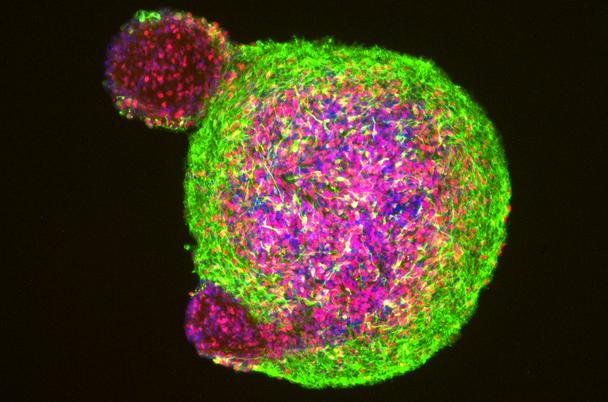Schmidt Futures and partner institutions announce the establishment of the Virtual Institute of Scientific Software (VISS), starting with a network of four centres based at the University of Cambridge, Georgia Institute of Technology, the Johns Hopkins University and the University of Washington.
This interdisciplinary virtual institute will address the growing demand for software engineers with backgrounds in science, complex data and mathematics who can build dynamic, scalable, open software to facilitate accelerated scientific discovery across fields.
While science has become increasingly reliant on complex programming and technology, many researchers lack the training or experience in software engineering, tools and methods to produce effective, reliable, and scalable solutions. As a result, successful research and scientific discovery is sometimes delayed as researchers looking to conduct further experiments struggle to adapt unstable and outdated programming.
VISS seeks to improve the quality of research, accelerate advancements and encourage scalable open-source solutions by providing scientific researchers with access to full-time professional engineers and state of the art technology to develop high quality, maintainable and adaptable software.
“Schmidt Futures’ Virtual Institute for Scientific Software will accelerate the pace of scientific discovery through the development of robust, well-engineered software, supporting longer-term platforms and systems, encouraging best practices in open science, and providing access to techniques such as high-end computing, massive databases, and machine learning,” said Elizabeth McNally, Executive Vice President, Schmidt Futures.

Cambridge’s Institute of Computing for Climate Science (ICCS) will apply its existing expertise in climate sciences and artificial intelligence with the research teams from Schmidt Futures’ Virtual Earth Systems Research Institute (VESRI) to address the specific computation and research software needs in the area of climate modelling.
The centre represents a collaboration between Cambridge Zero, the Departments of Computer Science and Technology, Applied Mathematics and Theoretical Physics, and University Information Services. The other three centres will be dedicated to a range of scientific focus areas, including astrophysics, life sciences, engineering and climate.
“With this truly visionary new institute, Cambridge will blend its world-leading climate science, software engineering and computer science expertise,” said Vice-Chancellor, Professor Stephen J Toope. “This interdisciplinary powerhouse will enable the development of next-generation climate models. We are delighted to be partnering with Schmidt Futures and engaging with the international research community to inform the response to our most urgent global challenge.”
The ICCS will be led by Emily Shuckburgh (Academic Director; Cambridge Zero), Dominic Orchard (Co-Director; Computer Science/Software Engineering), Chris Edsall (Co-Director; Engineering), and Colm-cille Caulfield (Co-Director; Science). All have a long-term research agenda to improve understanding of our changing climate through the development, implementation, maintenance, and dissemination of models for scientific computing, data assimilation and analysis.
Being part of the University, ICCS will also have a significant education and training component, through the commitment towards sharing its scientific insights openly and broadly. ICCS will play a key role in Cambridge Zero, the University’s climate change initiative, that is identifying routes to the creation of a sustainable, zero-carbon future for all.
Over the coming months, ICCS will build a team of researchers and software engineers who share the vision of the power of modern computer science, data science and software engineering for addressing the pressing challenges of our changing climate.
Director of Cambridge Zero and Academic Director of ICCS, Dr Emily Shuckburgh, said “The Institute of Computing for Climate Science will be the first of its kind, supporting the application of the latest developments in computer science and data science to climate modelling. It is tremendously exciting to launch this Institute, which will be the core of an international network of climate research initiatives supported by Schmidt Futures, and will help drive forwards the frontiers of climate science.”
The interdisciplinary network of centres, which will benefit from the experience of the Schmidt Software Academy at Caltech, will have an initial lifespan of five years.
Adapted from a release published by Schmidt Futures.




